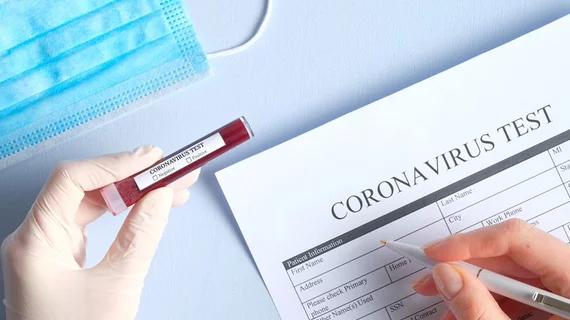ACC.20/WCC canceled amid COVID-19 outbreak
ACC.20/WCC, the joint meeting of the American College of Cardiology and World Congress of Cardiology set for March 28-30 in Chicago, has been cancelled amid worries about the COVID-19 outbreak.
The ACC’s decision to cancel its annual event “was not taken lightly,” according to a statement from President Richard J. Kovacs, MD, and it follows the cancellations of other major cardiology and healthcare conferences, including the European Society of Cardiology’s yearly event and HIMSS 2020. More than 18,000 attendees from 108 countries were expected in Chicago at the end of the month.
“With an ever-increasing number of ACC members on the front lines of preparing and reacting to the COVID-19 outbreak, we believe it is in the best interest of everyone to cancel the meeting and ensure our members are able to do what they do best—help and heal,” Kovacs wrote March 9. “This is a first for us. We have never not held an Annual Scientific Session live and in person in the last 69 years.”
The conference won’t dissipate entirely, though—Kovacs said the College is working on virtual presentation solutions and “ways to recognize our award winners and deliver the important science and education from ACC.20/WCC.” The ACC said it will release more information about refund processes and options in the coming days.
In addition to its cancelation notice, the ACC released COVID-19 guidance and preparedness tips on March 9. The full document can be found here.
“This is a unique time for us all, but ACC members and the cardiovascular profession as a whole have a long history of innovation and rising to meet whatever challenges come our way,” Kovacs said. “Please know that the College is here for you and we will not waver in our commitment to provide the resources, education and support you need to deliver the best care for your patients.”

